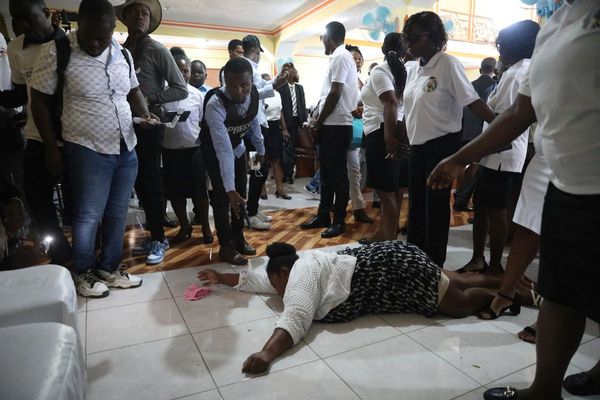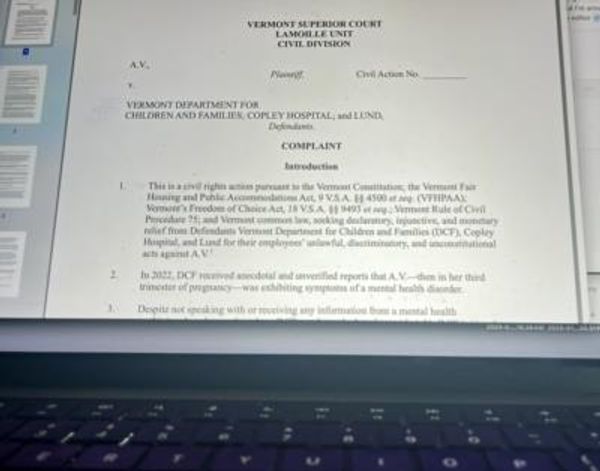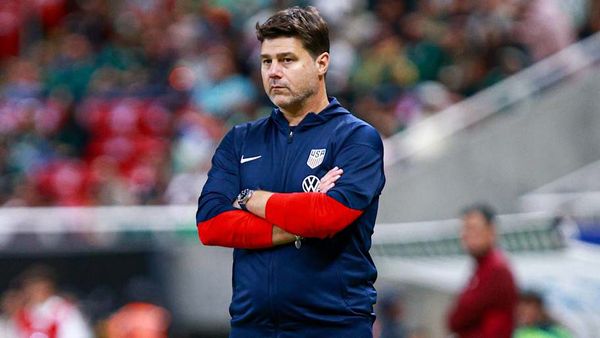
PwC’s leaking of confidential tax information and its attempts to cover up its misconduct continue to prove costly for the firm. Yesterday UniSuper announced it would not be engaging PwC for new work, meaning five of the biggest super funds in the country are now boycotting it.
The amputation of PwC’s government consulting arm was also completed this week, with “Scyne Advisory” setting up shop under the auspices of private equity turnaround specialist Allegro. One wonders if, in bidding for new government work, Scyne will apprise potential customers of what else Allegro has on its books — Gull Petroleum, Slater and Gordon, freight company Team Global Express and childcare provider Camp Australia, to name a few, which will create potential conflicts of interest in relation to any work on energy policy, infrastructure, legal services and childcare policy.
Then again, conflict of interest wasn’t a problem when the firm was in PwC and advising on policies such as data retention compensation, when it was working with telcos and ISPs, so presumably it won’t be a problem now.
For large funds and companies considering whether to join Australia’s biggest super funds in boycotting PwC, and perhaps for commentators noting the way in which PwC’s international leadership has intervened in the Australian firm’s affairs to manage the unfolding disaster, some history might be relevant.
PwC, like the other big four audit firms, might have theatrically abandoned its Russian office in the wake of Putin’s invasion of Ukraine, but its relationship with Russian gas giant Gazprom, which goes back decades, should be a red flag to any ethically minded fund or company. Last year, PwC was identified as an “enabler” of Putin by the Dutch Center for Research on Multinational Corporations, based on its work for Gazprom’s 16 Dutch subsidiaries, which are crucial to enabling revenue flow to Russia. “The accountancy firm PricewaterhouseCoopers (PwC) provides auditing services for all Gazprom entities in the Netherlands (and at least one in the UK),” the Center reported, with PwC declining to say whether it would cease work for Gazprom.
PwC has made a lot of money from servicing Russian kleptocrats. According to material in the Pandora Papers relating to Russian steel magnate Alexei Mordashov — Russia’s richest man — “PwC has been by the steel tycoon’s side since he made his first billion dollars in the early 2000s, a highflier among the dozens of Western accounting and law firms that have eagerly served the oligarchs who have flourished during the Putin era.”
According to the International Consortium of Investigative Journalists, “PwC helped a holding company tied to Mordashov set up and administer more than 65 shell companies in the British Virgin Islands and other secrecy jurisdictions.” Not to mention that the firm’s Cyprus arm “also helped him and his life partner, Marina Mordashova, register companies to own [superyacht] Lady M and a Bombardier luxury jet.”
So lucrative has revenue from Russia been that members of PwC’s Cyprus unit abandoned the firm earlier this year so they could continue to directly service allies of Putin.
PwC’s various arms in other jurisdictions, such as Singapore, have been keen to help other Russian magnates. But the firm doesn’t reserve its services to kleptocrats purely for Russians — it has been a key player in the growth of the business empire of Isabel dos Santos, daughter of Angolan dictator José Eduardo dos Santos, including as an adviser on avoiding tax.
In terms of lost money and assistance to thieves and kleptocrats, the Australian arm of PwC barely gets on the scoreboard compared to its global counterparts, yet it’s supposed to be the mess that executives from elsewhere in the world (including Singapore) have to clean up.







